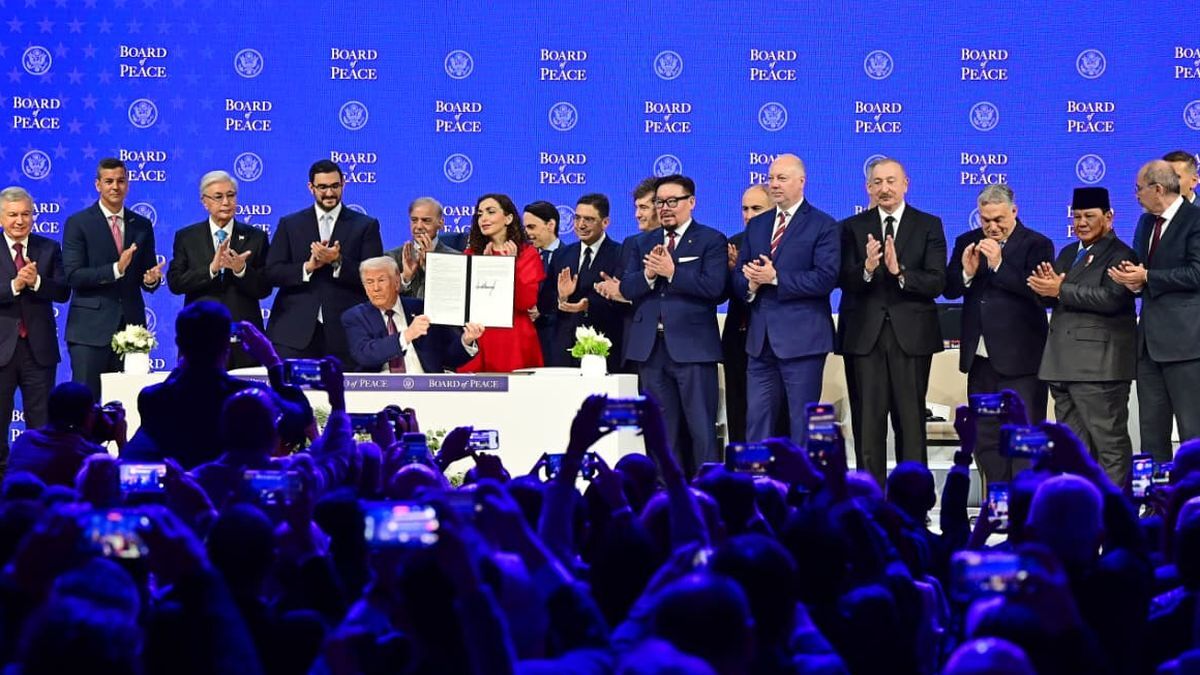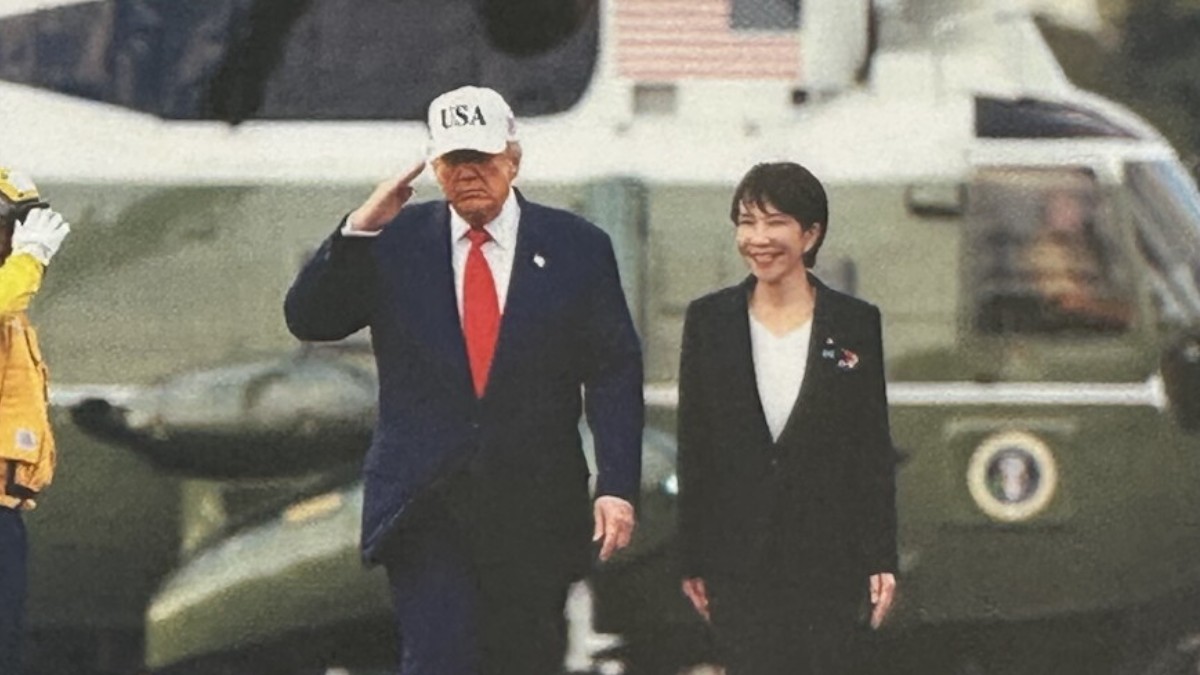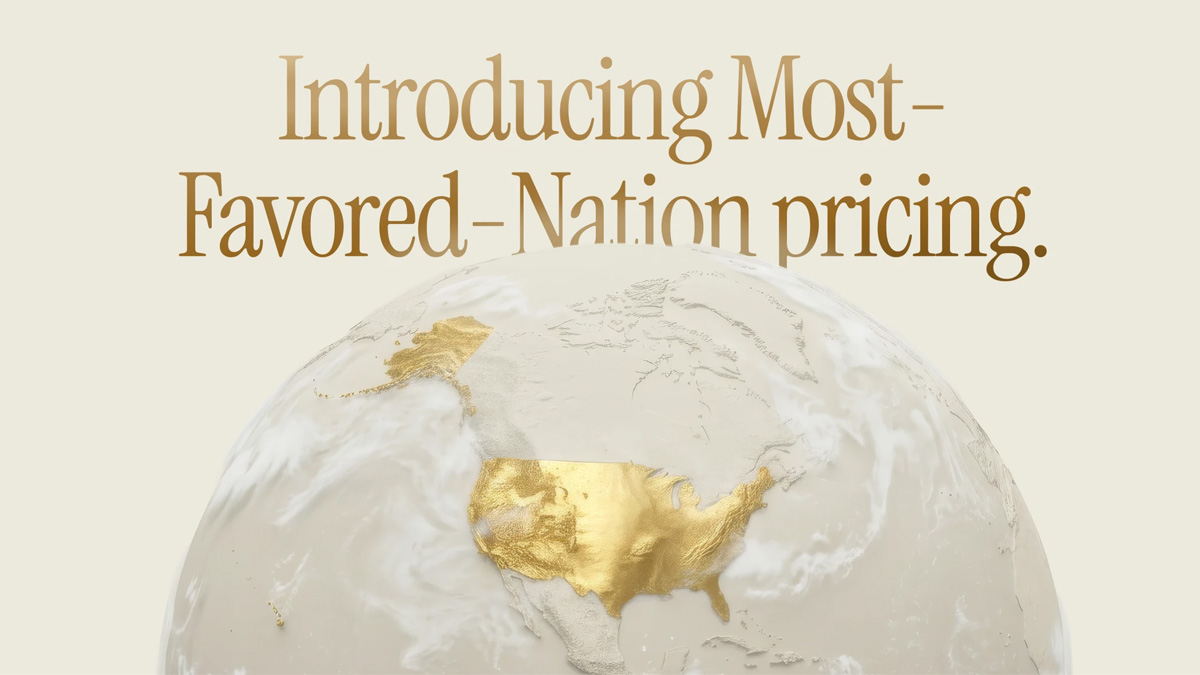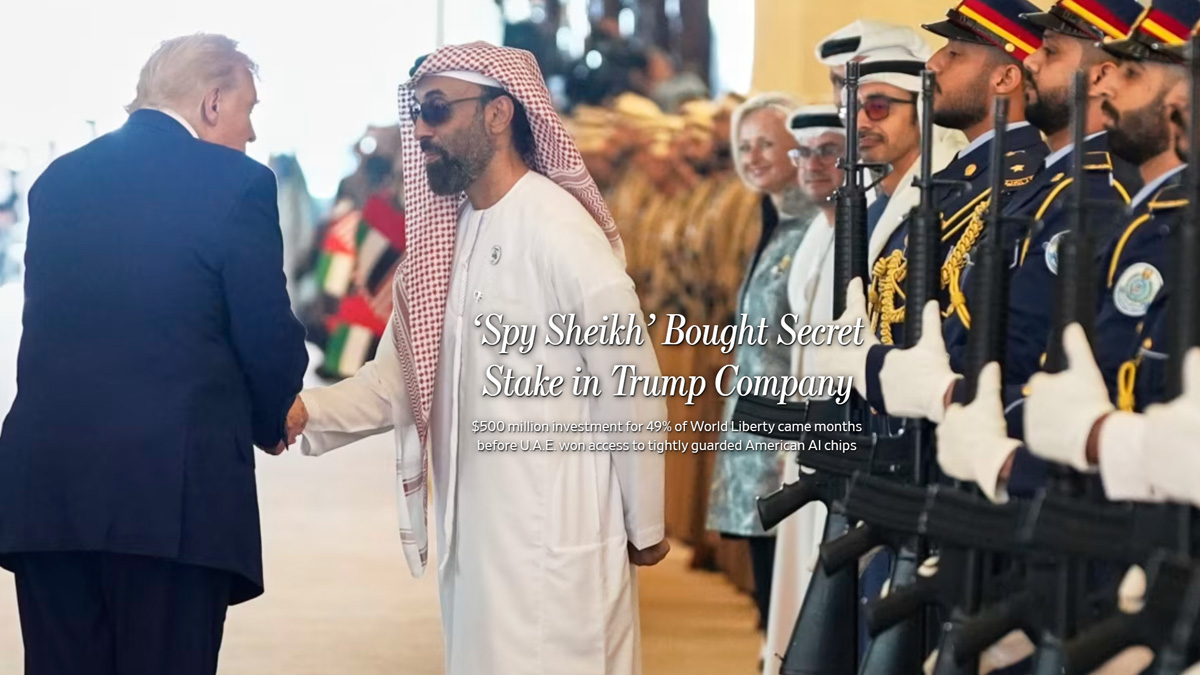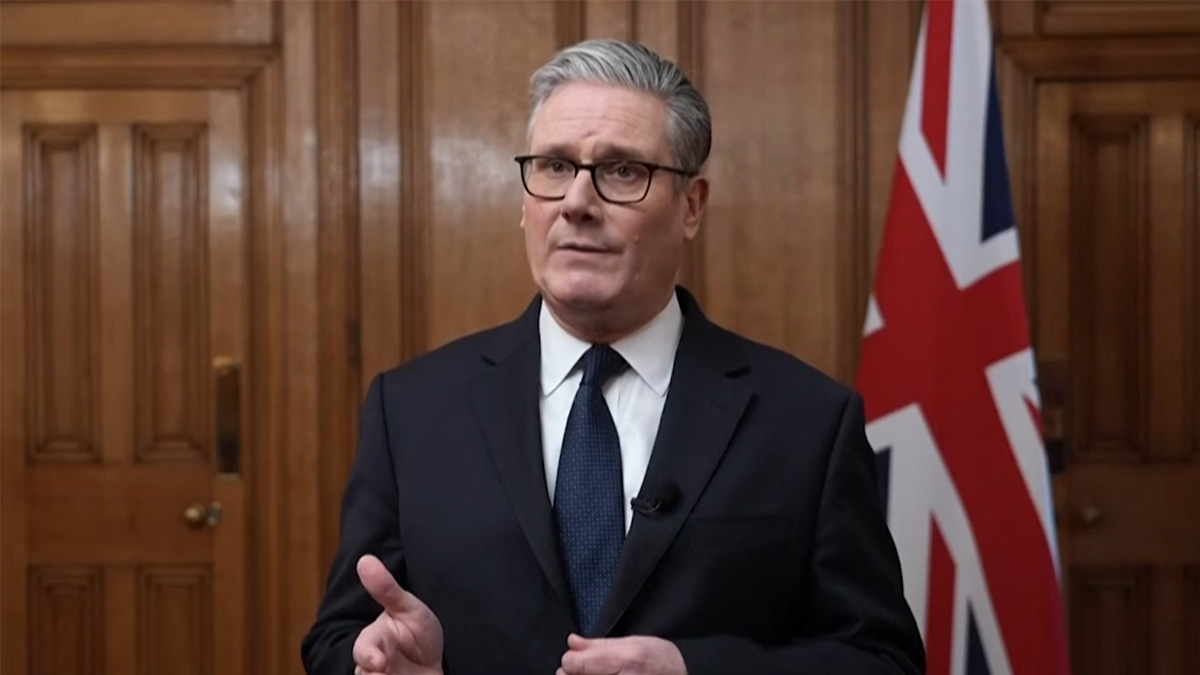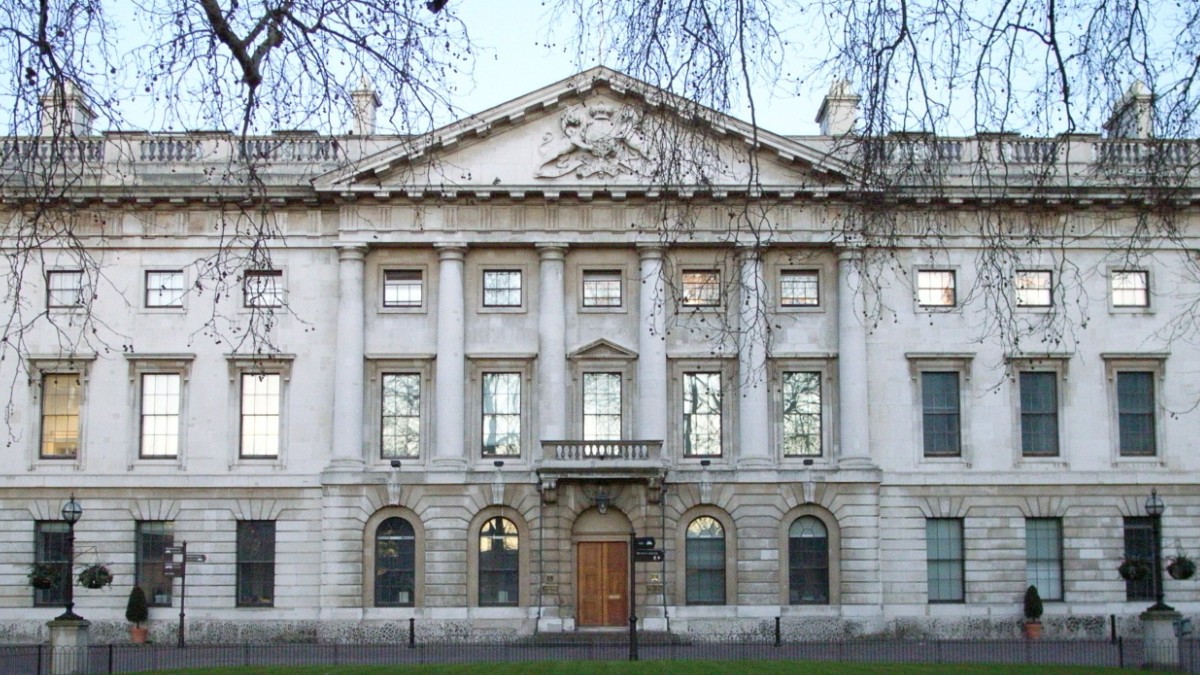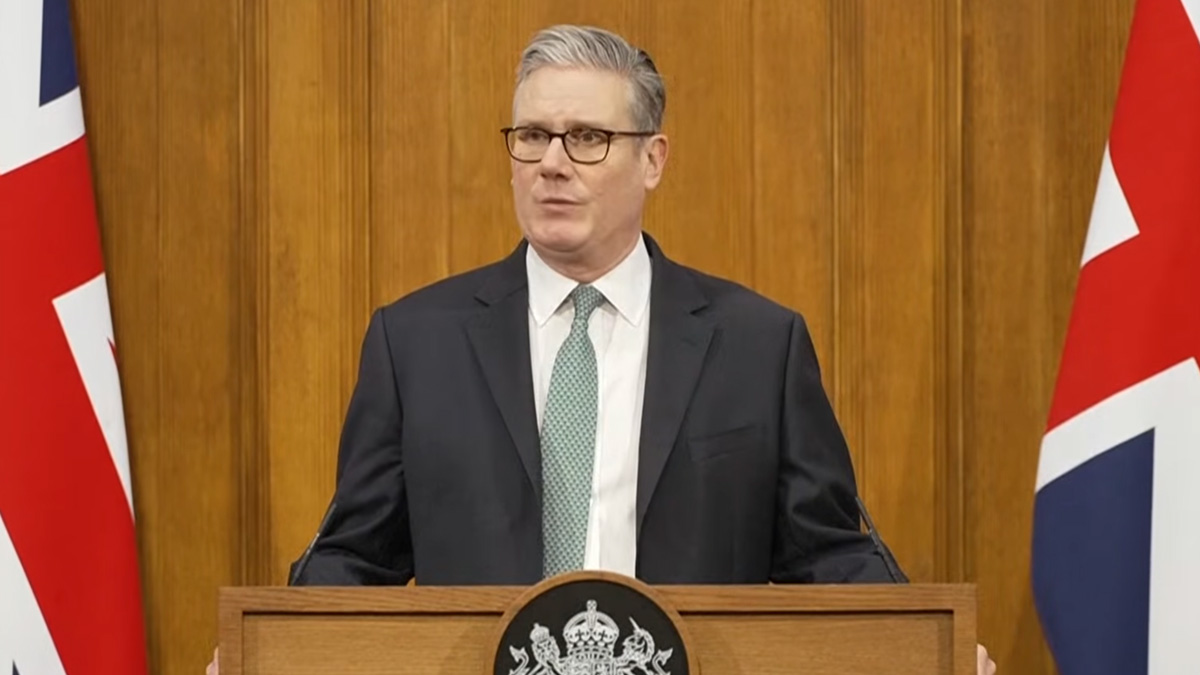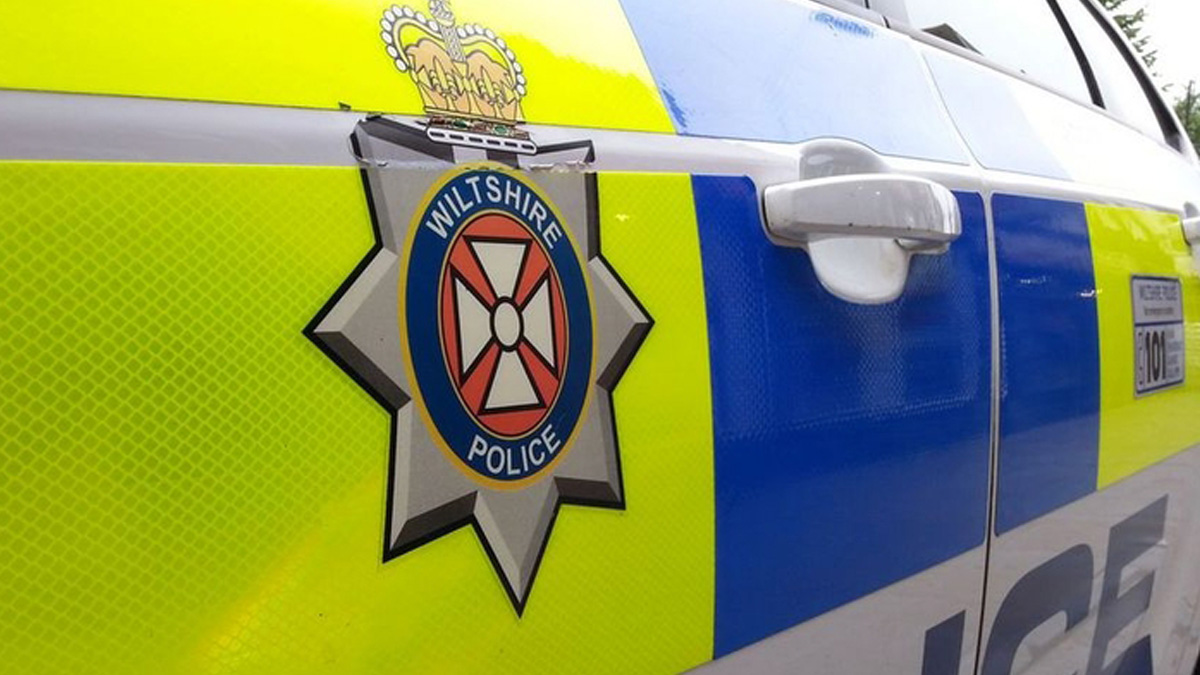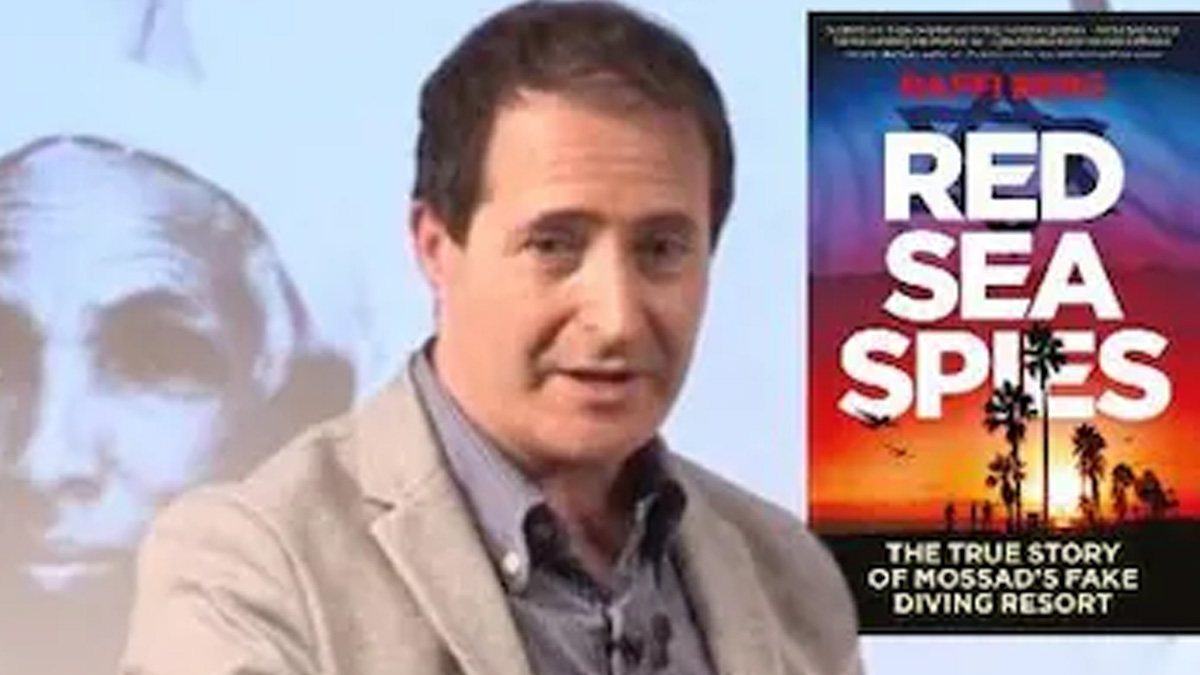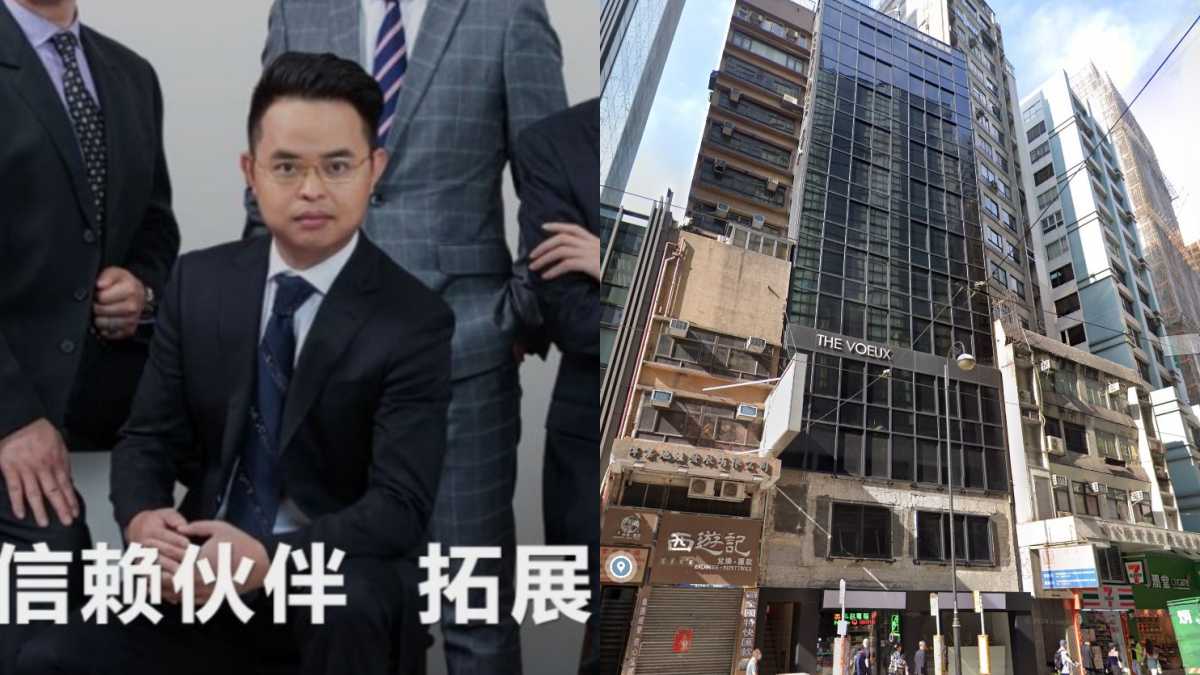BBC apologises to Donald Trump over edited speech but denies compensation claim
The BBC has apologised to US President Donald Trump for a misleading edit of his 6 January 2021 speech in a Panorama documentary, but rejected his call for compensation. Director-General Tim Davie and Head of News Deborah Turness have resigned over the controversy.

- The BBC apologised to President Trump for misleading editing of a 6 January 2021 speech in a Panorama documentary.
- The broadcaster pulled the programme and issued a retraction but denied any legal basis for defamation.
- BBC leadership resignations and a second investigation add pressure as the broadcaster nears charter renegotiations.
The BBC has issued a formal apology to President Donald Trump for misleadingly editing his 6 January 2021 speech in a Panorama documentary.
The programme, Trump: A Second Chance?, aired on BBC One and combined excerpts from different parts of the address.
That composite edit gave the impression that the president directly incited violence during the Capitol riots.
The corporation has now withdrawn the film from its platforms and says it will not be rebroadcast in its original form.
In a retraction published on 14 November, 2025, the BBC acknowledged the error.
It said the sequence unintentionally appeared as a single, continuous clip, rather than a series of excerpts drawn from separate moments in the speech.
“This gave the mistaken impression that President Trump had made a direct call for violent action,” the statement explained.
“The BBC would like to apologise to President Trump for that error of judgement,” it added.
A spokesperson confirmed that BBC lawyers have responded to correspondence from the president’s legal team.
Separately, BBC chair Samir Shah sent a personal letter to the White House conveying regret for how the speech was presented.
Despite the apology, the corporation has rejected demands for compensation.
It argues there is no basis for a defamation claim and therefore no reason to pay damages in this case.
President Trump has accused the broadcaster of defrauding the public and says he has an obligation to consider legal action.
In a television interview, he reiterated the prospect of a lawsuit valued at about US$1 billion.
The fallout inside the BBC has been sharp.
Director-general Tim Davie and head of news Deborah Turness resigned on Sunday amid mounting criticism of editorial standards and oversight.
Attention has also turned to an earlier broadcast.
The BBC is examining whether a June 2022 Newsnight segment stitched phrases from different parts of the same 6 January speech in a way that could mislead viewers.
“This matter has been brought to our attention and we are now looking into it,” a spokesperson said.
The additional review has intensified pressure on internal processes governing editing, signposting, and context for political material.
The controversy arrives at a sensitive moment for the corporation.
With the current Royal Charter due to end in 2027, negotiations over governance, funding, and accountability are drawing closer.
Prime Minister Keir Starmer has voiced support for the BBC’s independence while emphasising the need for high editorial standards.
Ministers have avoided taking sides in the dispute with President Trump, focusing instead on restoring trust.
Editing for time and clarity is routine across broadcasting.
However, splicing distant excerpts without explicit indication risks misleading audiences, especially when emotions are high and politics are polarised.
By withdrawing the film, publishing a retraction, and opening further inquiries, the BBC is aiming to stabilise confidence.
Its stance remains that an apology is warranted, but compensation is not.
Whether President Trump proceeds with litigation is uncertain.
The corporation’s next steps—particularly the Newsnight review and any further disclosures—may shape what happens next.


